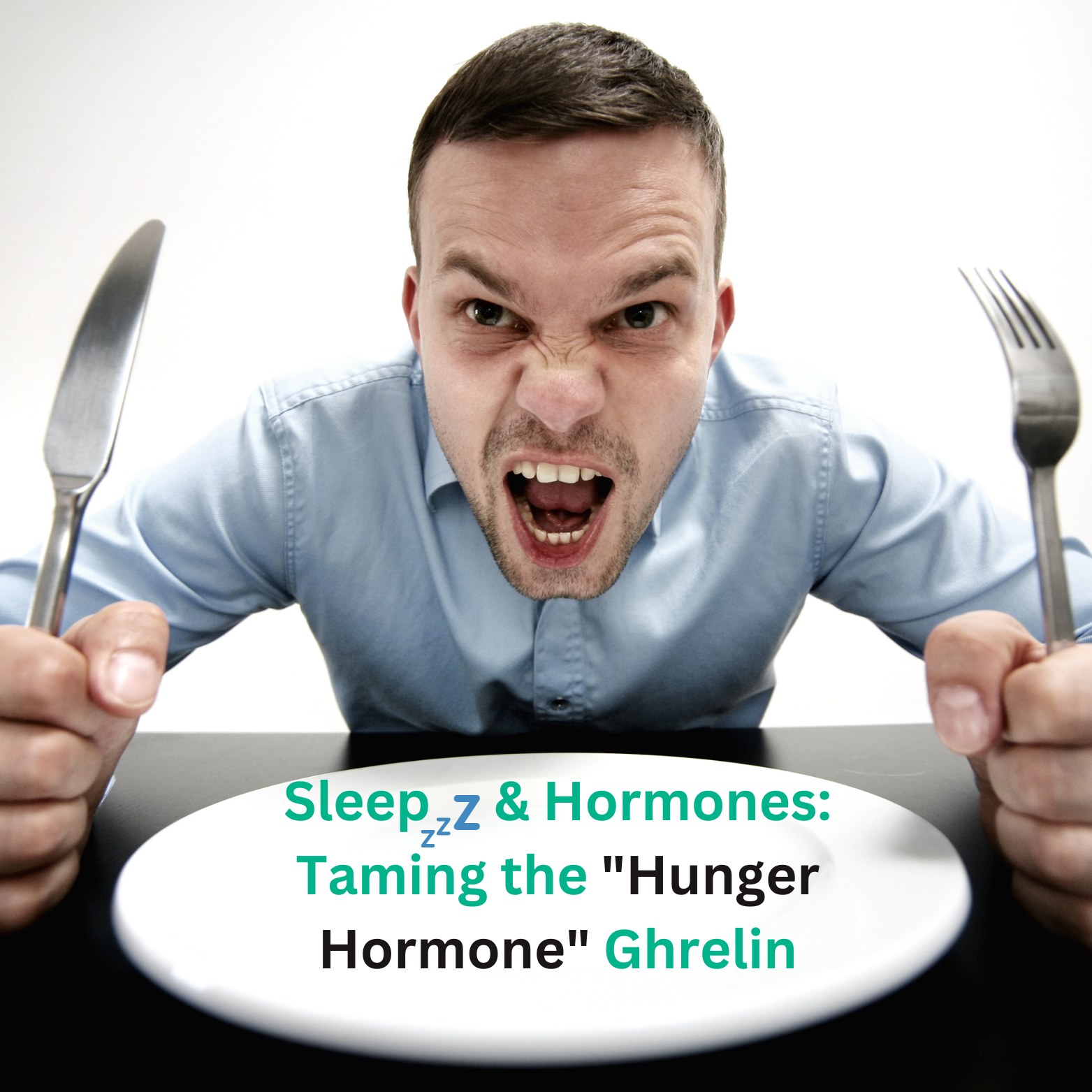Sleep has a profound impact on our appetite, and the regulation of appetite is closely tied to the complex interplay of various hormones in our body. One such hormone is ghrelin, often referred to as the “hunger hormone.” Ghrelin is primarily produced in the stomach and plays a crucial role in stimulating appetite. When we experience sleep deprivation or inadequate sleep, ghrelin levels tend to rise, leading to an increase in hunger and cravings. This hormonal imbalance can disrupt the delicate balance between hunger and satiety, making it more challenging to control our food intake.
Key points regarding the impact of sleep on appetite and ghrelin include:
- Increased ghrelin production: Lack of sleep has been shown to increase the production of ghrelin in the body. Elevated ghrelin levels signal hunger to the brain, leading to an increased appetite and a desire for calorie-dense foods, particularly those high in sugar and fat.
- Impaired satiety hormone: Sleep deprivation also interferes with the production and function of leptin, a hormone responsible for signaling fullness and satiety. Reduced leptin levels can further contribute to overeating and difficulties in recognizing when we are satisfied, resulting in weight gain or difficulty maintaining a healthy weight.
- Disrupted circadian rhythm: Irregular sleep patterns or a chronic lack of sleep can disrupt the body’s natural circadian rhythm, which plays a vital role in regulating appetite and metabolism. When the circadian rhythm is disturbed, it can lead to dysregulation of various hormones, including ghrelin, resulting in increased appetite and potential weight gain over time.
Understanding the intricate relationship between sleep and appetite (weight gain or underweight), particularly the role of ghrelin, highlights the importance of prioritizing sufficient and quality sleep to maintain a healthy and balanced diet.
If you want to get a handle on your sleep, hormones and overall energy. Sign up for a FREE 30 Minute Discovery Call





